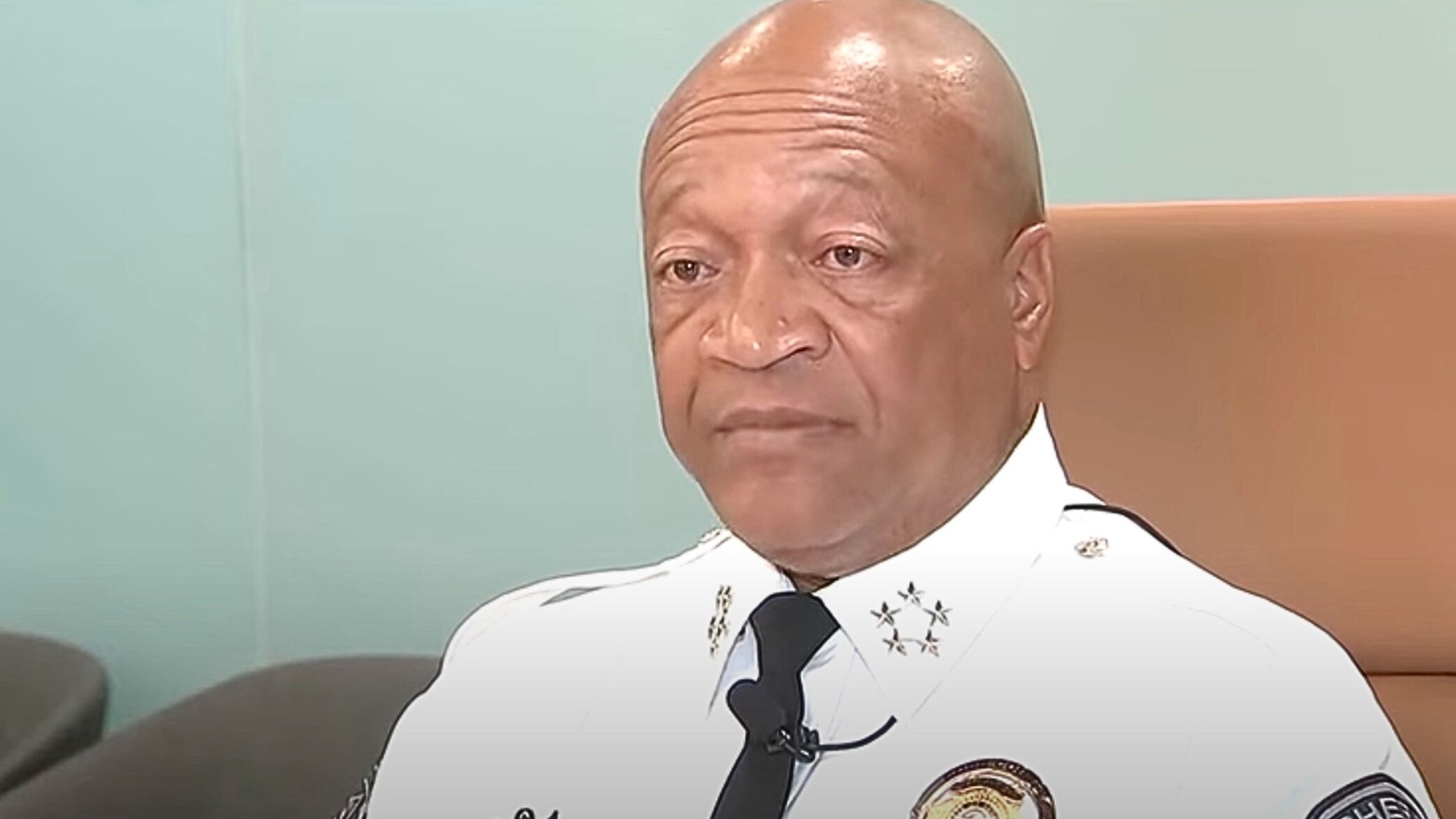In Cobb County Georgia’s otherwise serene suburbs, Sheriff Craig Owens has managed to embroil himself in a drama so absurd it feels scripted. Picture it: a sheriff, a Whopper, and a county Facebook page locked in a battle royale over free speech and mayo.
It all began at Burger King in 2023. Sheriff Owens dressed not in the authority-granting uniform of his office but in civilian clothes, was on a mission of matrimonial devotion. His wife, a staunch mayo-hater, had ordered a Whopper sans the offending condiment. The king of burgers, however, had other plans.
When the mayonnaise-laden monstrosity arrived, Owens—let’s call him a man of action—decided the situation required more than a manager’s apology. What do you do when the fast food chain of command lets you down? If you’re Sheriff Owens, you summon your deputies. Yes, lights flashing, deputies on scene, all for the egregious crime of a sandwich made wrong.
A Whopper of a Campaign Gaffe
Had this unfolded in another era, it might have faded into the annals of local oddities. But in the age of smartphone ubiquity and TikTok justice, the incident was catapulted into the digital stratosphere. The timing couldn’t have been worse for Owens—October, right before the Cobb County sheriff elections. By the time Election Day rolled around, voters weren’t only debating policies; they were replaying a viral video of Owens turning a drive-thru dispute into a campaign talking point.
Owens still clinched victory, earning 56% of the vote against David Cavender’s 44%. But while the sheriff emerged with a shiny new term, his political capital was now garnished with a heaping dollop of public skepticism.
From Mayo to Muzzling: The Facebook Fallout
Then came the comments—or, rather, their disappearance. Critical voices questioning Owens’ fast food diplomacy and broader conduct began vanishing from the Cobb County Sheriff’s Office Facebook page. According to a lawsuit filed by Cavender, joined by residents Michael Dondelinger and Michele Beagle, this wasn’t about keeping things civil; it was an all-out assault on dissent and First Amendment-protected speech.
We obtained a copy of the lawsuit for you here.
The complaint accuses Owens of crossing a constitutional line. Instead of facing criticism like any elected official with a Facebook login and thick skin, he allegedly decided to “utilize the powers of his office to censor the speech of Plaintiffs, and others, based on viewpoint.” Translation: Don’t talk trash about the sheriff on the sheriff’s turf, or you’ll find yourself deleted faster than a Whopper with mayo.
The lawsuit’s demands? A jury trial, an injunction against censorship, and a symbolic $3.50 in damages—a nod to the Whopper meal that started it all. Cavender and his co-plaintiffs aren’t just arguing about Facebook policies; they’re staging a showdown over free speech and government overreach.
Shutting It Down: The Sheriff’s New Playbook
By November 1, the Sheriff’s Office tried to stop the bleeding—not with transparency, but by disabling comments altogether. The official line was that this would keep discussions focused on “community safety and educational updates.” In practice, it felt like the sheriff had slammed the door on dialogue entirely.
Meanwhile, Owens remained defiant. In an October interview with WSB-TV, he reflected on the Burger King debacle with something resembling regret—or, at least, PR-savvy damage control. “I thought the best thing to do was to call a deputy. In hindsight, I probably should have just driven off and taken the bad service and left and came back another day,” he said, as though the realization of “don’t weaponize law enforcement over a sandwich” had just dawned on him.
The Bigger Bite: Free Speech in the Digital Era
This story, on its surface, may seem like a small-town comedy—a sheriff, a sandwich, and some Facebook trolls. But it taps into something much deeper: the uneasy intersection of authority, accountability, and free expression in the online era. Elected officials are no strangers to criticism, but Owens’ response—censoring detractors on a public platform—raises serious constitutional questions.
Can an official Facebook page be treated like a personal diary, where dissent is erased? Or is it a virtual town square, where citizens have the right to shout into the void about mayo and misconduct alike?
Previous court rulings on similar cases have been mixed with the Supreme Court arguing that blocking individual constituents is a First Amendment violation in many cases.








